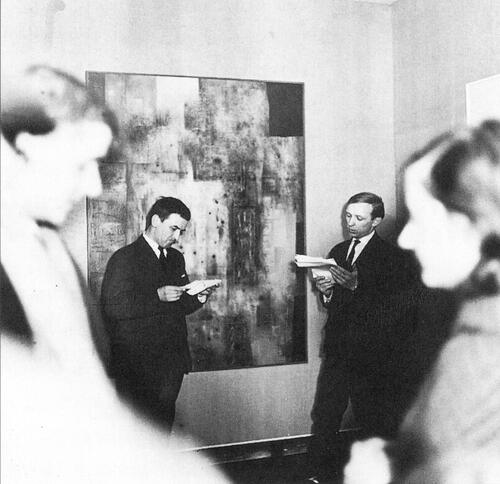
This paper describes a key formative moment in Dalibor Veselý’s life in Prague in the 1960s in the context of dissident forms of artistic production in which he attempted to publicly oppose the ideological constraints of socialist Czechoslovakia. Within this context, which occurred just before his emigration to the United Kingdom, Veselý developed a particular metaphysical language—that of heights and depths, truth and falsity, interiority and exteriority, impossible tensions and necessary choices—and he carried this language with him throughout his career as an architectural educator as a discourse of crisis. This paper interprets Veselý’s later discourse of crisis, therefore, as having its roots partly in the philosophical anthropology and phenomenology that he was studying in the 1960s, yet it goes on to argue that its political import came from the way in which ideological constraints operated in the 1960s, creating a sense of political and socio-economic brokenness, both in the socialist East and capitalist West.
Continue Reading:






